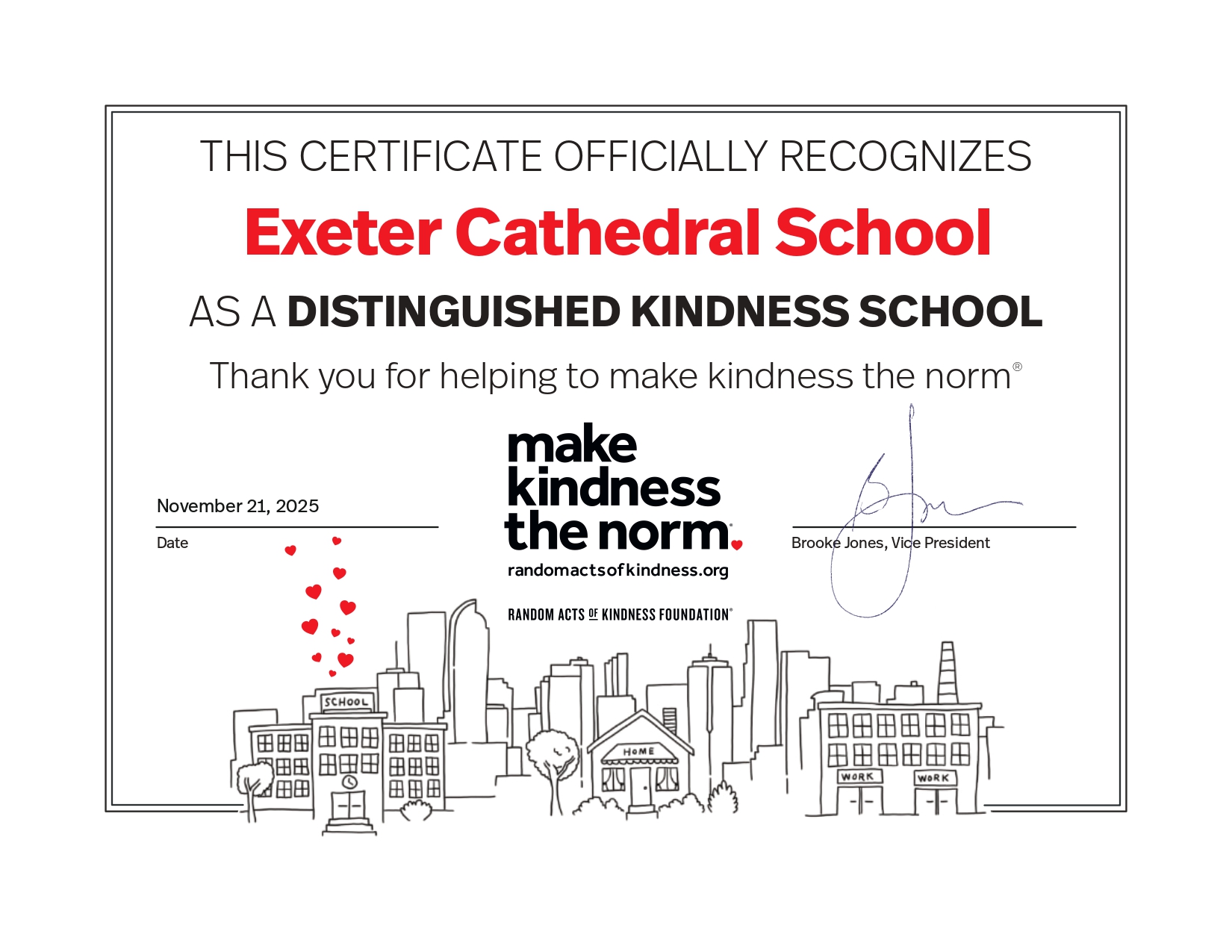What matters is to find a practice that brings you into this moment – the ‘Now’. The practice is not just about self-improvement, but the deepening of service towards others, whoever they are.
In Christian Spirituality, simply put, the practice of meditation leads to living the Christ-like life. That, perhaps, is a focus in the life of ECS as a whole. That Christ-like life is about loving service, which can be costly. Further, neither are mindfulness or meditation primarily about ‘feeling good’. Well-being goes beyond that to a much deeper place. To that deeper place, I would like to point you, for the remainder of this term, whether you have established a practice or not.
What I’ve found useful is to prepare for the period of mediation, having in mind four aspects:
- Your environment and your body.
- Your thinking.
- Your emotional and feeling life.
- A simple way of gently staying in the moment.
This week, I’ll begin with the first of these: your environment and your body.
Depending on your own physical life and the environment you’re in, choose whether you are going to meditate sitting or standing, inside or outside. I want to emphasise the importance of stillness and silence. To be still and silent is to enter into a deeper place of awareness.
Decide how long you are going to meditate for. Remember it’s not the quantity of time you give, but the quality of your attention and intention that you give to the time. If you’re just beginning the practice start small – 5 minutes and then gradually work up to about 20 minutes or so. This practice is not about targets, goals, achievement at which you pass or fail. It’s simply being ‘you’ – the ‘real’ you as you are – no matter how briefly.
You might light a candle. Low lighting can be helpful. Turn your phone off. If you’re sitting, be in a chair that’s comfortable but not too comfortable. This practice is about awareness, being awake, being mindful. Use a chair where your back is straight and your legs uncrossed, with both feet on the ground (the origin of the word ‘humility’ – to have both feet on the ground!)
Set the time your going to give and make sure you stick to it. Be gentle, remember. You might use an alarm clock, provided the alarm sound doesn’t give you a heart-attack when the time is completed!
Sense your surroundings, the little noises, the room and its detail. Leave behind where you’ve just been. Now close your eyes, or, if you’re keeping them open, let your eyelids be relaxed: half-closed, as it were. Now notice your breath: its movement in and out through your nose.
Spend some time looking at your body. Start from wherever you want and notice little sensations. Don’t judge or analyse yourself.
Return to your breath frequently. You will have all kinds of thoughts and images come in and out of your mind. Let them come – don’t see them as invasive. Don’t fight them. Be soft on them. Be gentle. Return to your breath.
The word ‘breath’ has strong roots in Judaism and other religious cultures for the Breath of God – the giver of life – the Spirit.
Leave your time of meditation as gently as you went into it. No matter what your experience of the practice may have been, leave with a spirit of thanks. In some small way you’ll have increased your awareness of others in the ‘Now’ as well as yourself. That’s service! Trust it.
More next week!
Bishop Martin Shaw
School Chaplain









